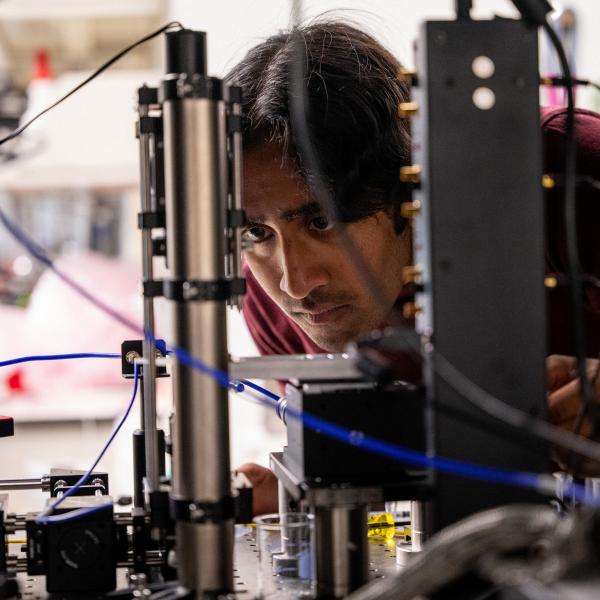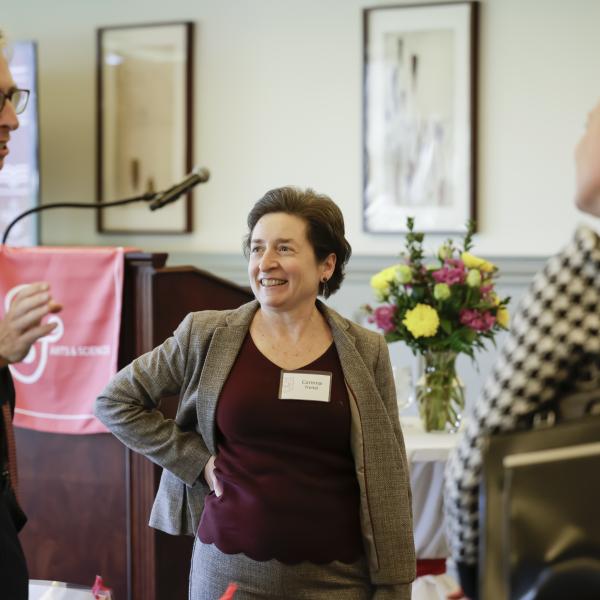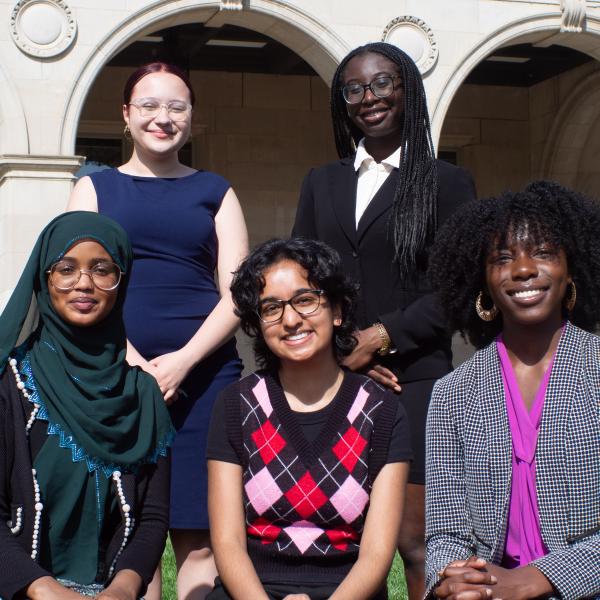No matter how smart, well-prepared or hard-working, many college students struggle with rigorous introductory science courses because their approach to learning fails to provide a working knowledge of abstract concepts that underlie examples presented in the classroom, suggests new research from Washington University in St. Louis.
“Our results find that individual differences in how learners acquire and represent concepts is a potentially crucial factor in explaining the success or failure of college students learning complex concepts in introductory chemistry courses,” said study co-author Regina F. Frey, the Florence E. Moog Professor of STEM Education in Arts & Sciences.
The findings, published online May 12 in the Journal of Chemical Education, are important because they may help to explain why so many aspiring students make an early exit from science, technology, engineering and math (STEM) programs after failing to perform well in tough introductory science courses.
In this study, which included more than 800 students taking chemistry courses over three semesters at a highly competitive research university, about 50 percent of those tested were classified as having difficulty making the leap from example to concept. And that was true of students with similar educational backgrounds and equally high marks in advance placement courses and college entrance exams.
“Every instructor nods when you say students seem to do well when tests present concepts the same way they were addressed in class or in homework, but flounder when the test presents these same concepts in a different context ,” said study co-author Mark McDaniel, a professor of Psychological and Brain Sciences at Washington University. “If nothing else, this study should provide teachers with a better understanding of why some of their students may be floundering when it comes to applying a studied concept to a novel situation.”
Frey and McDaniel are co-directors of the Center for Integrative Research on Cognition, Learning, and Education (CIRCLE) at Washington University, where they explore how new innovations from learning and memory research can be used to improve classroom education.
Read more at The Source.



